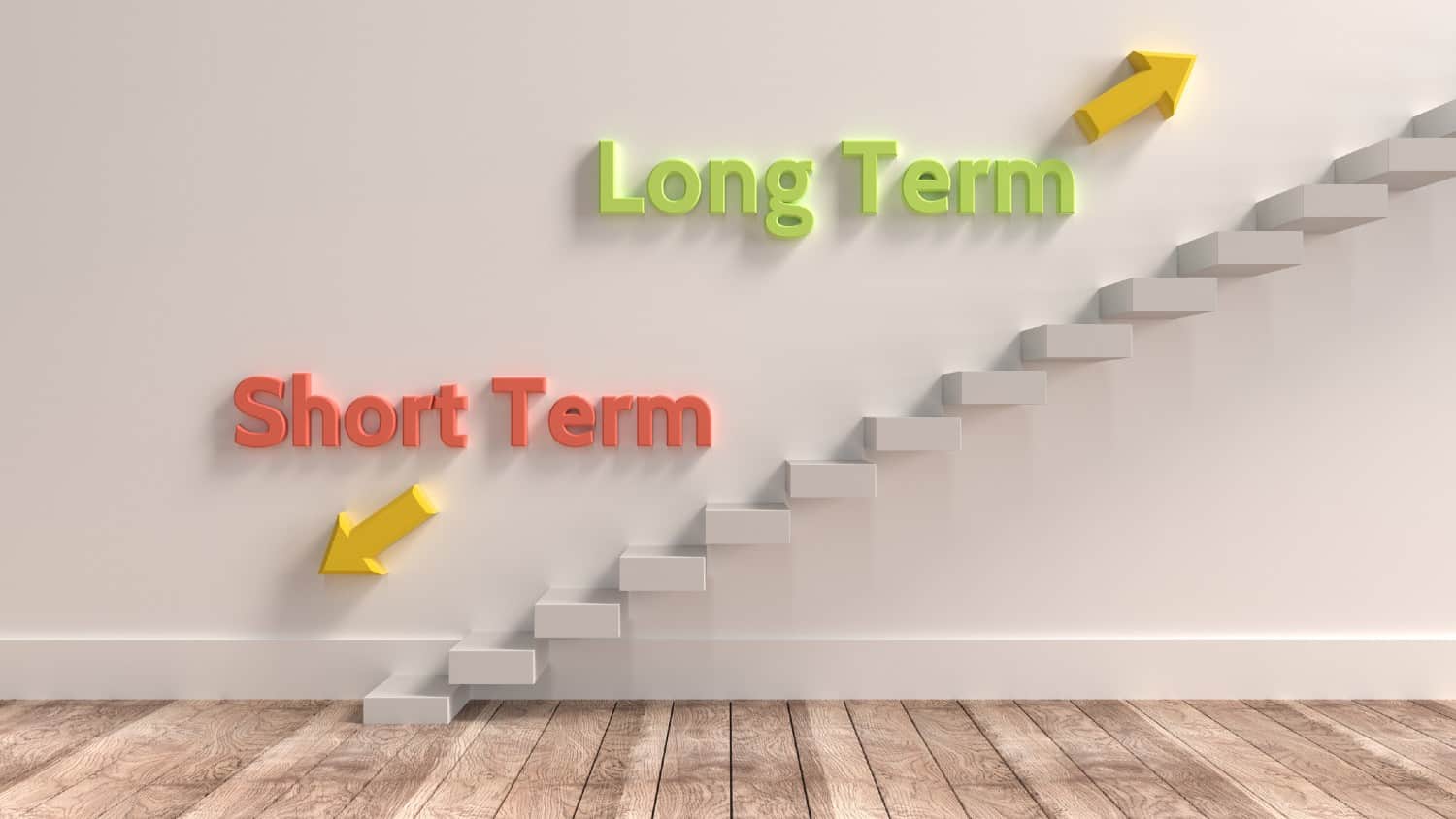The BAE Systems (LSE:BA.) share price is one of the biggest FTSE 100 gainers this year, and for good reason.
Results out this week show the UK defence giant is on track for a big uplift in annual profits. Countries continue to increase military orders with Russia’s war in Ukraine, and the recent conflict in Gaza.
The company manufactures fighter jets and submarines, among other large military equipment and machinery. It said it had logged £10bn of orders since the end of June 2023. That puts the group on track for more than £30bn in sales orders this year.
Should you invest £1,000 in BAE Systems right now?
When investing expert Mark Rogers has a stock tip, it can pay to listen. After all, the flagship Motley Fool Share Advisor newsletter he has run for nearly a decade has provided thousands of paying members with top stock recommendations from the UK and US markets. And right now, Mark thinks there are 6 standout stocks that investors should consider buying. Want to see if BAE Systems made the list?
War footing
Last month I wrote how I picked up shares in Qinetiq Group. That’s one of the UK’s fastest-growing defence companies. Now I see potentially more value in its biggest rival.
And we’ve heard how the company’s business pipeline is booming. BAE Systems strategy director Steve Cardew told the market in August that global conflicts had spiked sales. Especially with the Russian invasion of Ukraine.
In July 2023 it signed a £280m weapons deal with the UK government. In September it boosted that supply with another £130m contract.
Shortly after, the US, UK and Australian governments announced they would spend £3.95bn on a new generation of submarines built by BAE Systems. These nuclear-powered subs are to back up a pact to counter China’s ambitions in the South Pacific.
That has led to BAE upgrading its guidance. Earnings per share will jump 10% to 12% in 2023, said chief exec Charles Woodburn.
24 years of dividend hikes
BAE shares come with a 25% higher price tag than at the turn of 2023. Quite the move for a £32bn company. And certainly for one of the world’s largest defence, aerospace and weapons manufacturers.
The thing that really gets me interested here is long-term value. When seeking compound growth — the eighth wonder of the world — consistency is key.
And BAE Systems has an incredible track record. Since this would be a long-term income stock for my SIPP, I like one specific fact. The company has improved its dividend per share every year since 1999.
Ignoring BAE Systems because it has repriced higher? That’s effectively saying I wouldn’t buy a company that is becoming more popular, and growing its revenue, profits and dividends.
What I’d pay
The downside, of course, of all this attention, is that shares are now trading at 16 times earnings — a healthy premium. But I see safety in numbers. Especially with the way the world is leaning these days.
If I’d have bought £10,000 worth of BAE shares in 2007 (£4.29 a share, 2331 shares), I’d have collected a modest 12.8p per share in dividends, worth £298.
That same £10,000 invested in 2022 would be worth £452.26 in dividends! Quite the uplift.
This, of course, doesn’t include the gain I’d have had from simply buying the stock 16 years ago and reinvesting dividends. By my calculations, if I’d have done that, my initial £10,000 of BAE shares would now be worth a tidy £50,403.67. So I can see the power of compounding, and time in the market.
I’ll leave the intraday trades and risky leveraged punts to others. I’ll stick to Britain’s best businesses for my long-term SIPP retirement stocks.








